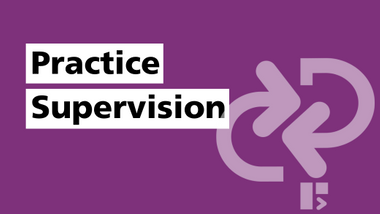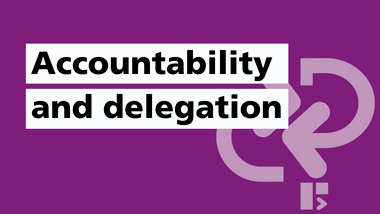The BDA Roles and Responsibilities Guidance has been developed as an extension to the 'professional practice' pillar within the BDA Dietetic Career Framework for the 'supportive' and 'assistive' levels of practice.
It aims to provide more guidance and support to members of the dietetic support workforce (DSW), and the registered healthcare professionals who supervise, manage or work alongside them, on the appropriate practice roles and responsibilities for those members of the DSW providing direct service user care in clinical and public health settings.
Purpose
At the BDA, we are committed to recognising, strengthening and empowering our support workforce. That’s why, over recent years, the BDA have been working hard to identify and address the issues this area of our workforce face.
Between 2022 and 2023, a scoping exercise found inconsistencies in the roles and responsibilities being undertaken by the dietetic support workforce, across different levels of practice, across the four nations. As well as uncertainty and a lack of clarity, from both members of the support workforce and their colleagues, over the roles they could undertake in practice. This means that our support staff are not always able to maximise their contribution to care or be clear about how they might progress in their careers.
That’s why we’ve developed the BDA Roles and Responsibilities Guidance - a practical new resource designed to ensure:
- safe and consistent deployment of roles and responsibilities
- identification of activities and tasks that could be taken on with appropriate training
- individuals can work to the full scope of their role and practice
- delivery of safe and effective care
- creation of appropriate job roles and job descriptions at each level of practice
- effective workforce planning
- development of skills and career progression
- individuals have a rewarding and fulfilling career within the dietetic workforce
Content
This new guidance outlines the scope and contribution of the dietetic support workforce roles within the profession, mapping typical roles and responsibilities at each level of practice. Whilst, highlighting key areas of consideration to ensure safe and effective practice including;
- Delegation of responsibilities
- Determining service user complexity
- Supervision
- Scope of practice
- Preceptorship
- Education and training
Important considerations
The guidance is not intended as a standalone document, and it should be used in conjunction with individual job descriptions and person specifications, locally developed core competencies, national job profiles, national career development frameworks, and the following BDA resources:





